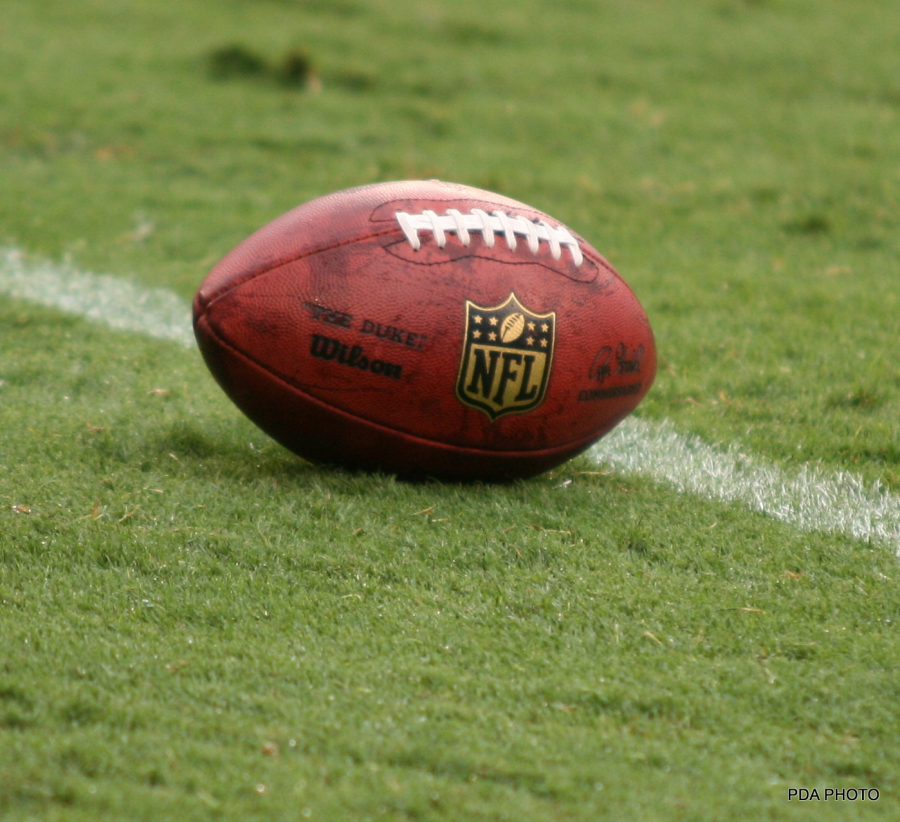Is the Touchdown Worth the Trauma
Whether they like to admit it or not, football fans love to see their favorite team clobber the opposing team. The praise and applause from the crowd last minutes, while the effects from those hard hits last a lifetime. The big hits that almost always cause concussions are the ones that get the most media coverage, but no one realizes that the small, repetitive hits are the ones that tend to leave football players with brain damage.
To learn more about football’s detrimental effects, researchers at Carnegie Mellon University and the University of Rochester Medical center conducted a study on thirty-eight NCAA Division III athletes. They put accelerometers inside of the football players’ helmets to measure the quantity and force of the hits throughout the season. By the end of the season, they measured that the players suffered 20,000 hits with a median force of twenty-five Gs. For reference, astronauts on space shuttles feel the effects of three Gs while taking off, and car crashes can produce forces of around 100 Gs. Two out of the thirty-eight players were concussed by the end of the season. Their MRI scans showed a decrease in the structural integrity of their brain. The concussed also did a blood test and the results showed an increase in tau protein. Tau is a protein found in blood and commonly indicates CTE (Chronic Traumatic Encephalopathy.)
CTE is a degenerative brain disease found in people who suffer repetitive brain trauma (often athletes) and includes symptomatic concussions and asymptomatic effects from suffering hits to the head. The symptoms of CTE are categorized by four stages. People in their first stage have headaches and loss of concentration. Second stage symptoms consist of mood swings, short-term memory loss, and in severe cases, the potential for suicide. People in stage three-show memory loss, explosivity/ aggression, headaches, impulsivity, apathy, and overall, are cognitively impaired. Stage four symptoms can include language difficulties, aggressive tendencies, and paranoia. Thirty-one percent of people who suffered from parkinsonism in the fourth stage ended up being suicidal.
The researchers conducting the study were concerned about the concussed returning to the field. Commonly, players are cleared to play once they stop showing symptoms of a concussion. Even when the symptoms discontinue, the brain damage is still present and players can only retrogress when they get back to playing.
The culture around football embraces philosophies of endurance and sayings like, “fight through the pain,” or “suck it up.” This mentality benefits players by giving them the motivation they need to push through the game and put in the work, but serious injuries must be tended to and sometimes players can’t afford to just “suck it up.”
There’s a stigma around football that suggests that the aggression that players show on the field translates into their personal lives. Researchers at Boston University School of Medicine conducted a study and found that kids who started playing football before age twelve were two times more likely to have clinical impairments and lack of ability to regulate their behavior.
The corresponding author of the study, Robert Stern stated, “Our study provides further evidence that playing football before age 12, and being hit in the head repeatedly through tackle football during a critical time of brain development, is associated with later-life problems with mood and behavior.”
The human brain takes about twenty-five years to fully develop. During their teenage years, kids are going through emotional and mental development. Suffering blows to the head on a daily basis from playing football stunts significant brain development and causes behavioral problems later in life.
Football always has, and always will be a contact sport. Without contact, tackles, and hits, football is essentially nothing. The only way to decrease the brain damage these hits cause would be to limit the amount of tackling and hitting, which would detract from the sole purpose of the game. Kids could also start playing after they turn twelve, but doing so would put them in a deficit of playing experience. Football players need to consider if the years of playing and getting applause from the crowd are worth the life-altering effects.
Your donation will help support The Lambert Post, Lambert High Schools student-run newspaper! Your contribution will allow us to purchase equipment and cover website hosting costs.











